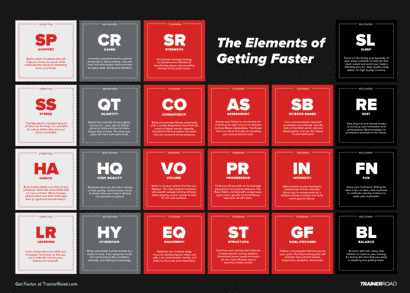Nutrition: The Elements of Getting Faster
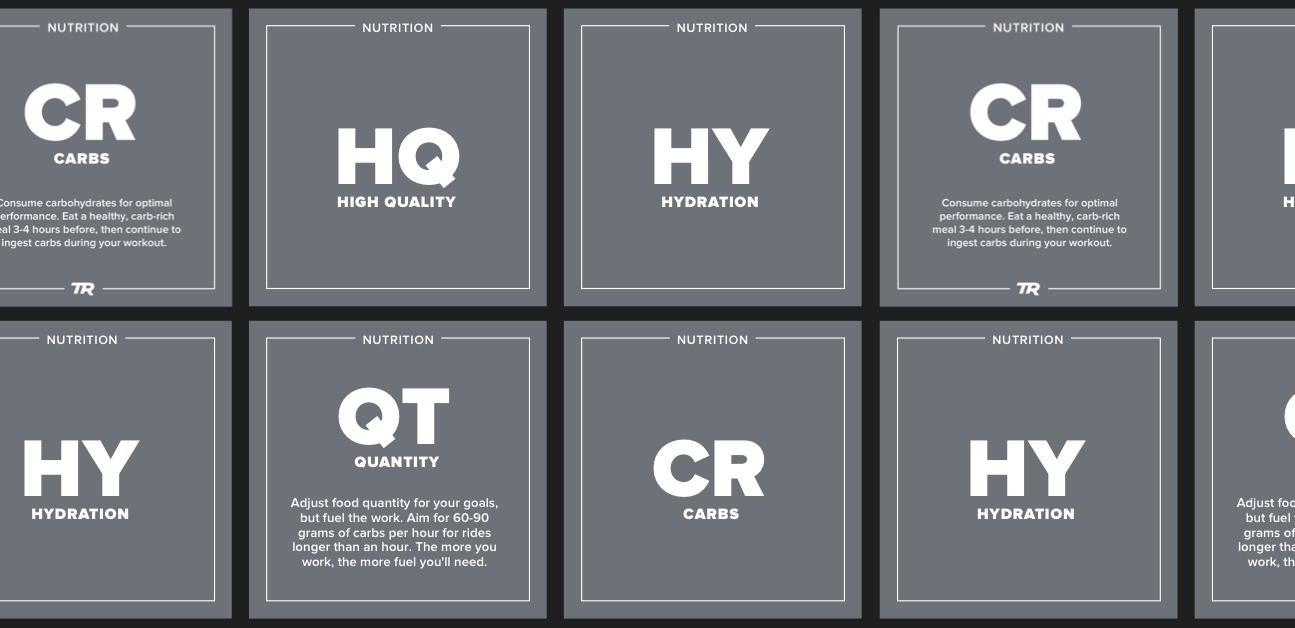
You need sufficient, high-quality nutrition to fuel your workouts, aid your recovery, and promote your body’s physical adaptations. When you’re not fueling properly, you’re shortchanging the training process and your body’s ability to work harder and get faster.
With that said, nutrition can often appear complicated and confusing. With this in mind, we’ve distilled the foundational principles of training and nutrition down to four main categories: Carbs, Quantity, High Quality, and Hydration. If you can consistently check these four boxes during your training, racing, and recovery, you’ll get faster, and you’ll feel more energized while doing it.
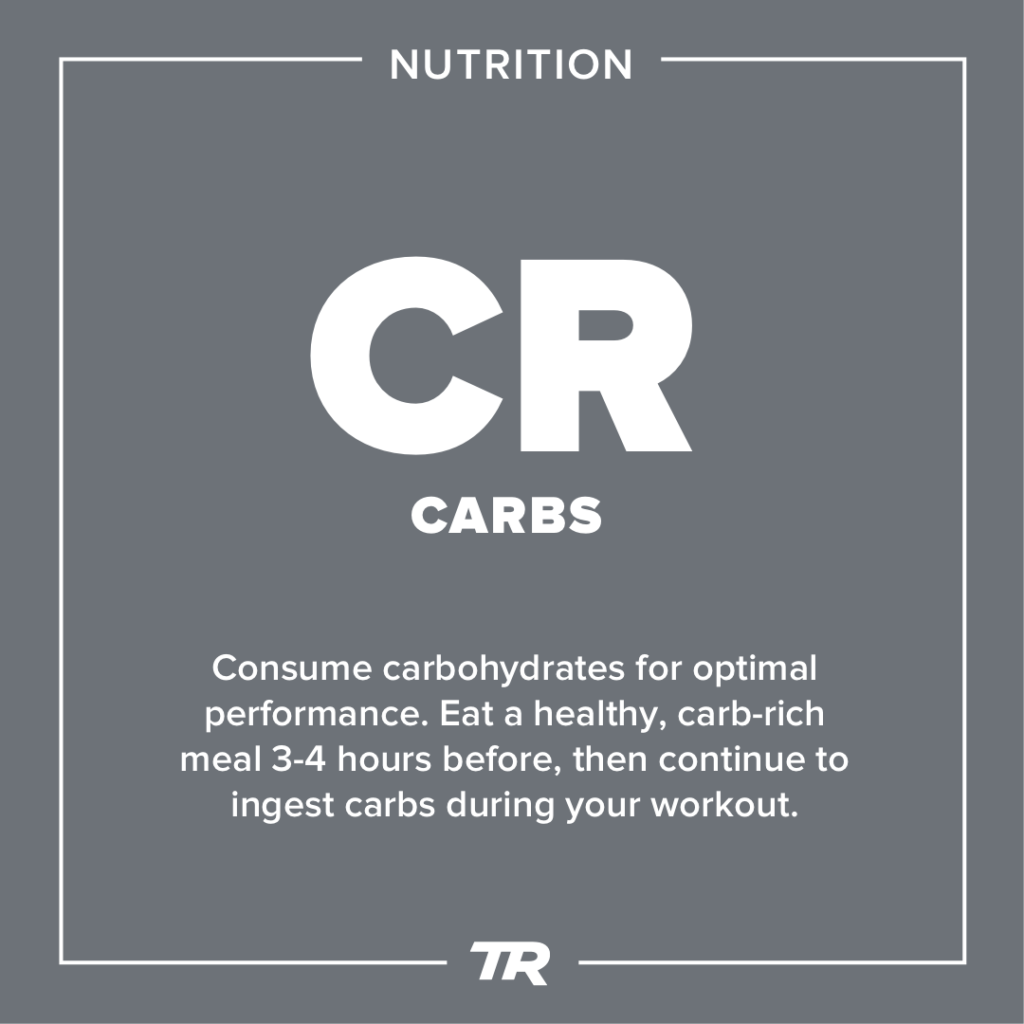
Consume Carbohydrates!
Carbohydrates are a key source of fuel during cycling workouts. During low-intensity workouts, your body metabolizes fat and glycogen, but as soon as intensity is introduced, your body becomes almost entirely dependent on its glycogen storage. Because carbohydrates are an essential glycogen source, making sure you ingest enough carbs to keep yourself fueled is key. A healthy meal dense in carbohydrates three to four hours before a workout can make all the difference. This value may vary depending on your unique physiology, but you’ll also want to ingest between 60 and 100 grams of carbohydrates for workouts longer than an hour.
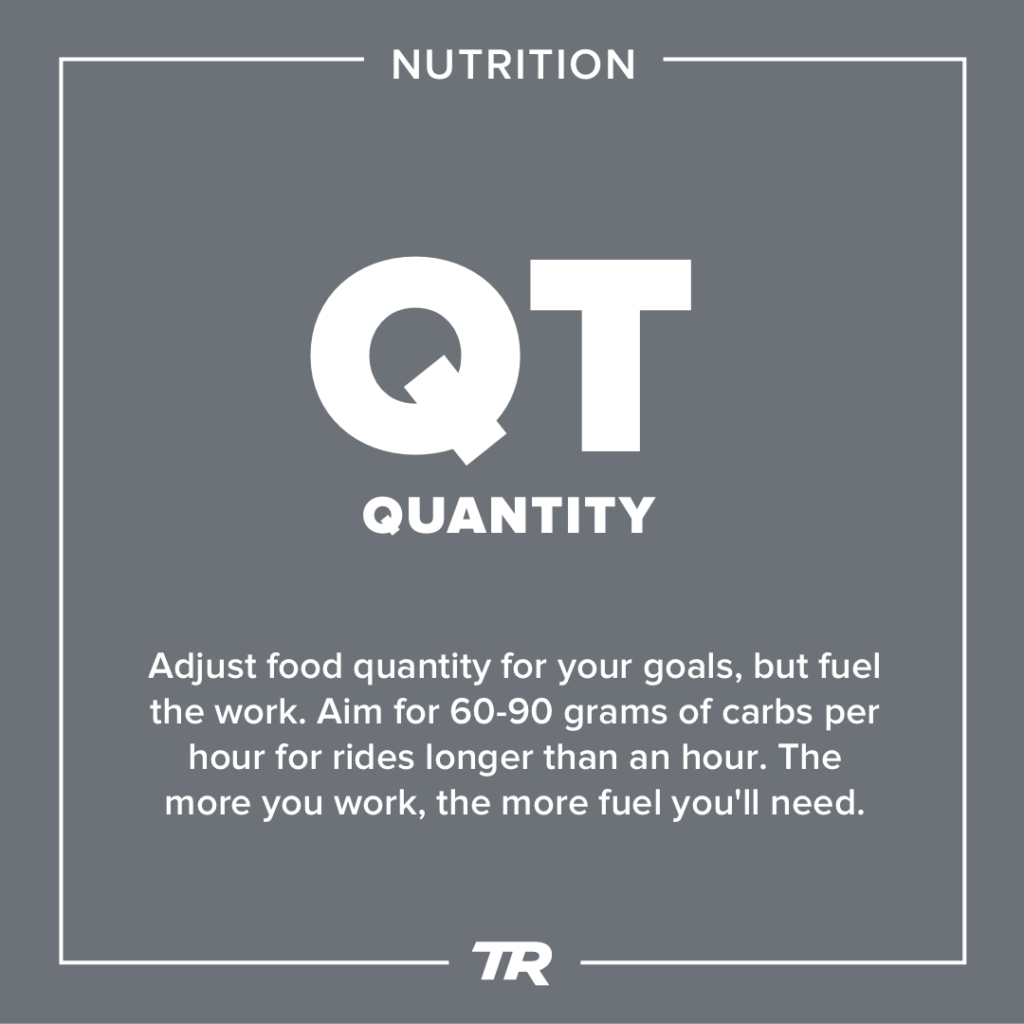
Maintain Enough Quantity
When it comes to nutrition, it’s important to remember that everyone is different and that no two athletes will consume the same amount of fuel. With that said, there’s a personal threshold every athlete should be meeting in order to properly fuel themselves, their workouts, and their recovery. Further, cutting calories and focusing on restriction can actually hinder the productivity of your training. Especially when you’re trying to fuel your body’s ability to do hard work, running a deficit or doing any strict dieting doesn’t necessarily work well. Find your quantity threshold and make sure you’re meeting it during training and recovery. When you cheat yourself out of calories, you cheat your body out of positive physical adaptations.
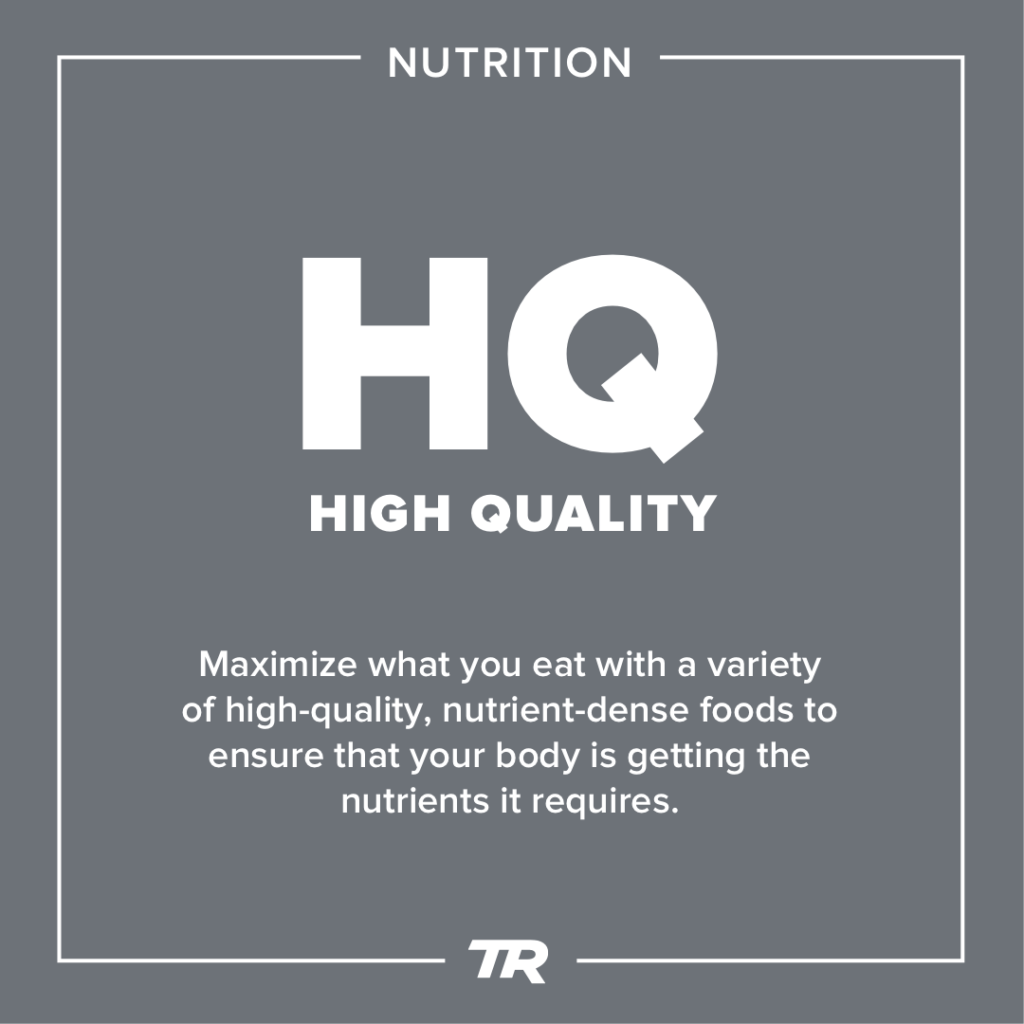
Eat High Quality Food
To maximize the quantity of food you do eat, focus on incorporating as many high-quality, nutrient-dense foods as you can into your diet. When you focus on maintaining quality, it ensures that your body is getting the nutrients and fuel it needs to recover, train, and adapt.
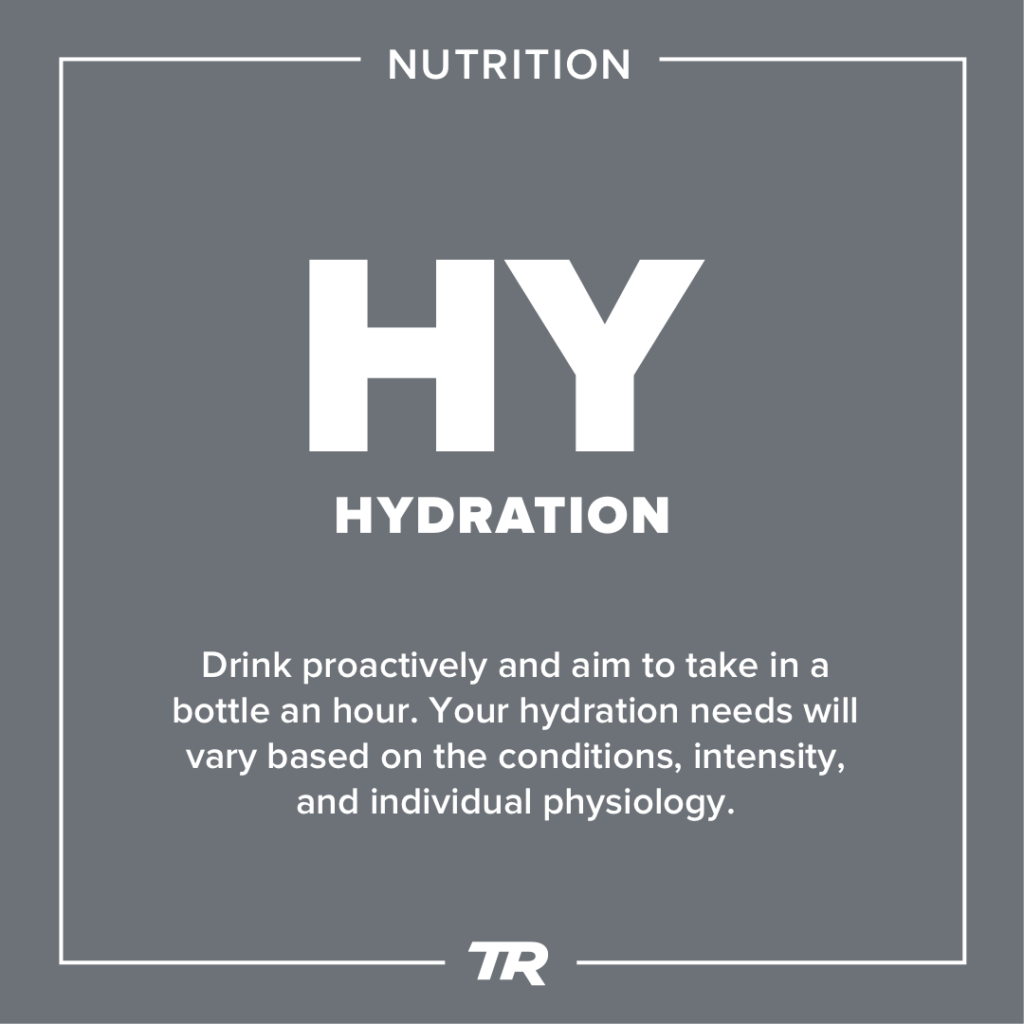
Hydration
When you drink proactively during your workouts, it can help you prevent cramps, remain hydrated, and maintain your performance for a longer duration. The standard rule is to take in at least one water bottle for every hour of physical activity. This can vary depending on the weather, your hydration level going into a workout, whether you’re indoors or outdoors, and your own physiology. When you do a workout or race longer than an hour, you’ll also need to keep electrolytes in mind.
Hydration Resources
Don’t have the Elements of Getting Faster? Download the complete PDF for all the elements, details, and descriptions so you can be sure to implement them into your training.
